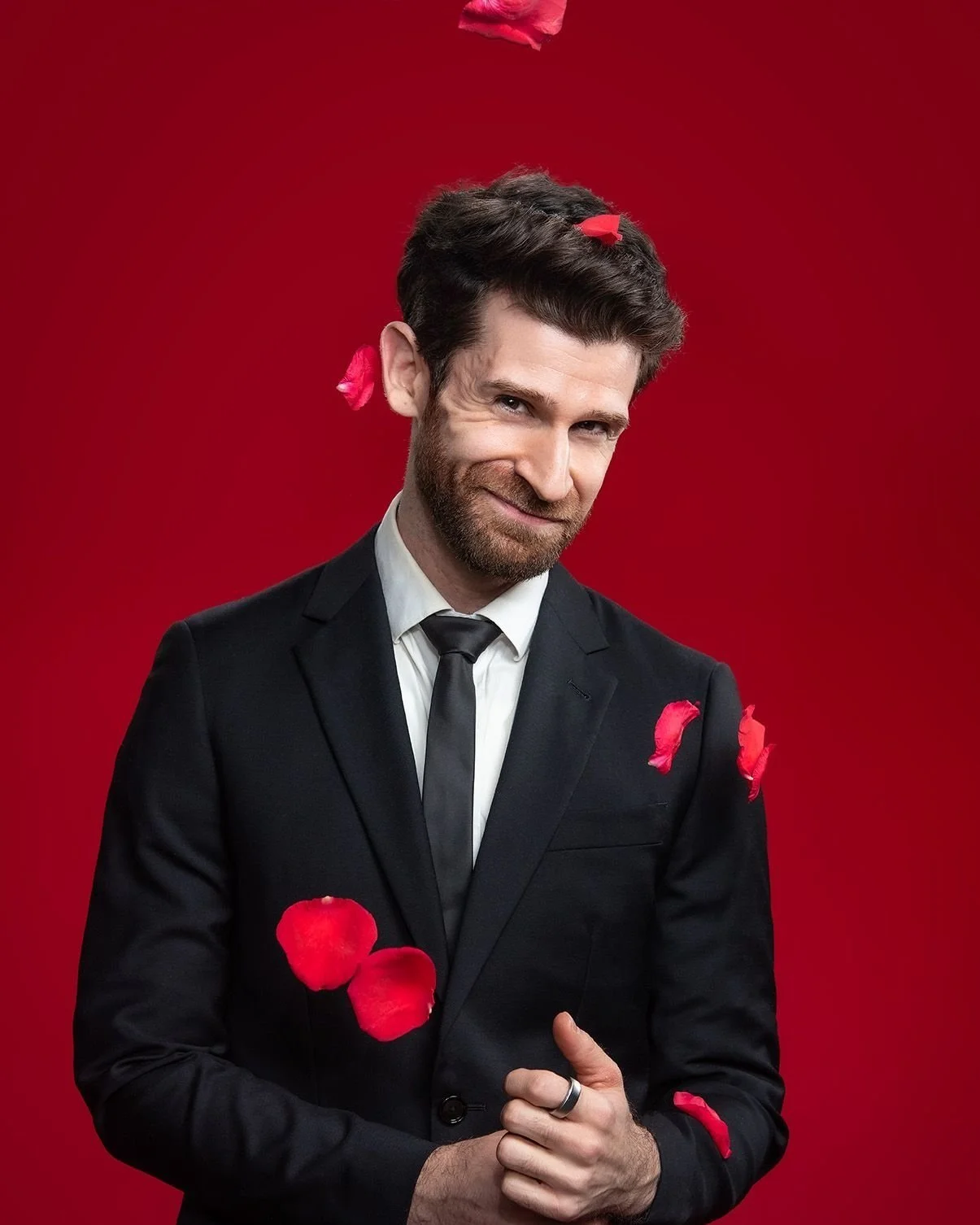Laugh Wild's Nina Wilder learns to laugh through ever-shifting pandemic regulations
Producer-comedian hopes the bump for the comedy industry will result in more diversity when stages reopen
Nina Wilder has been sidelined with third-wave shutdowns of restaurants—but she’s committed to continuing to push for more diverse voices on the standup stage.
“HUMOUR IS A way of coping with pain, which makes comedy so important right now,” says Nina Wilder, comedian, actor, and founder of Vancouver-based entertainment company Laugh Wild.
During a time when many beloved comedy clubs in the city have closed because of COVID-19, Laugh Wild has managed to stay afloat. Wilder says it hasn’t been easy though; because her company brings local comics to the scene through restaurant and bar shows, the changing regulations for indoor dining have been frustrating, to say the least.
Still, Wilder presses onwards, keeping her producer hat on to support her industry through the pandemic. She continues to bring diverse voices to the table, using her company to amplify the BIPOC, female or femme, and queer community members that aren’t always given a spotlight in comedy.
“I started producing shows seriously in 2019, and realized that, without even trying, the comedians I was booking were from those more overlooked communities,” Wilder says. “A lot of the time, it’s the same white heterosexual males performing, but I love to book rooms that people can see themselves in. I think there’s better material when there’s diversity.”
She explains that, as the lockdown began, she created a list of parameters for how Laugh Wild would continue to operate to support these artists in the restaurant setting. It became standard practice for microphone covers and stands to be replaced and sanitized between sets, and Wilder had to renegotiate where the comedians could perform in the venue to limit close contact with the patrons
“We made it work!” Wilder says. “But, of course, we had to pull back again, and we’ve been kind of stalling since the November lockdown.”
She adds that, despite the optimism Laugh Wild has, the constant change in restrictions and lack of clarity with guidelines made operating more difficult.
“I called the COVID hotline, talked to two different people, explained what I was trying to do, and how I was going to do it, and both representatives said it was okay to continue having comedians work in these restaurants,” she says. “Then, I looked at the website, and it said ‘no events’. It was confusing and frustrating to navigate that uncertainty.”
In response to the shutdown, Wilder explored the online realm by creating Comedy Snacks—a “bite-sized” version of what her Laugh Wild shows might look like.
“I didn’t want to tax people with more online streaming, but I also wanted to keep that line of comedy open,” she says. “People said, ‘You know, you can’t do standup online!’ But I took that as an opportunity. New parameters means new ideas.”
These days, amid total third-wave shutdowns of indoor dining, Wilder says her focus is now directed towards future live projects. She intends to create more of what she called “pocket shows”, where audiences can pop into their local restaurants or bars to see live comedy once they start reopening again. This, she hopes, will continue to strengthen the underrepresented comic communities.
“The magical element of live story-sharing is what I’m reaching for. After the shutdown, and lacking in-person events, I think people are starting to miss that interaction with other humans,” she adds.
Wilder says that the camaraderie and community of live shows is what she misses most. But, she’s optimistic that this bump for the industry will result in a more diverse scene.
“Coming out of the gate again after COVID-19, I want to see more representation and diversity,” Wilder adds. “Comedy is about hearing from voices that haven’t been heard yet. The virus has kind of levelled the hierarchy of the industry, which means there’s more chance for equality and representation than before.”














